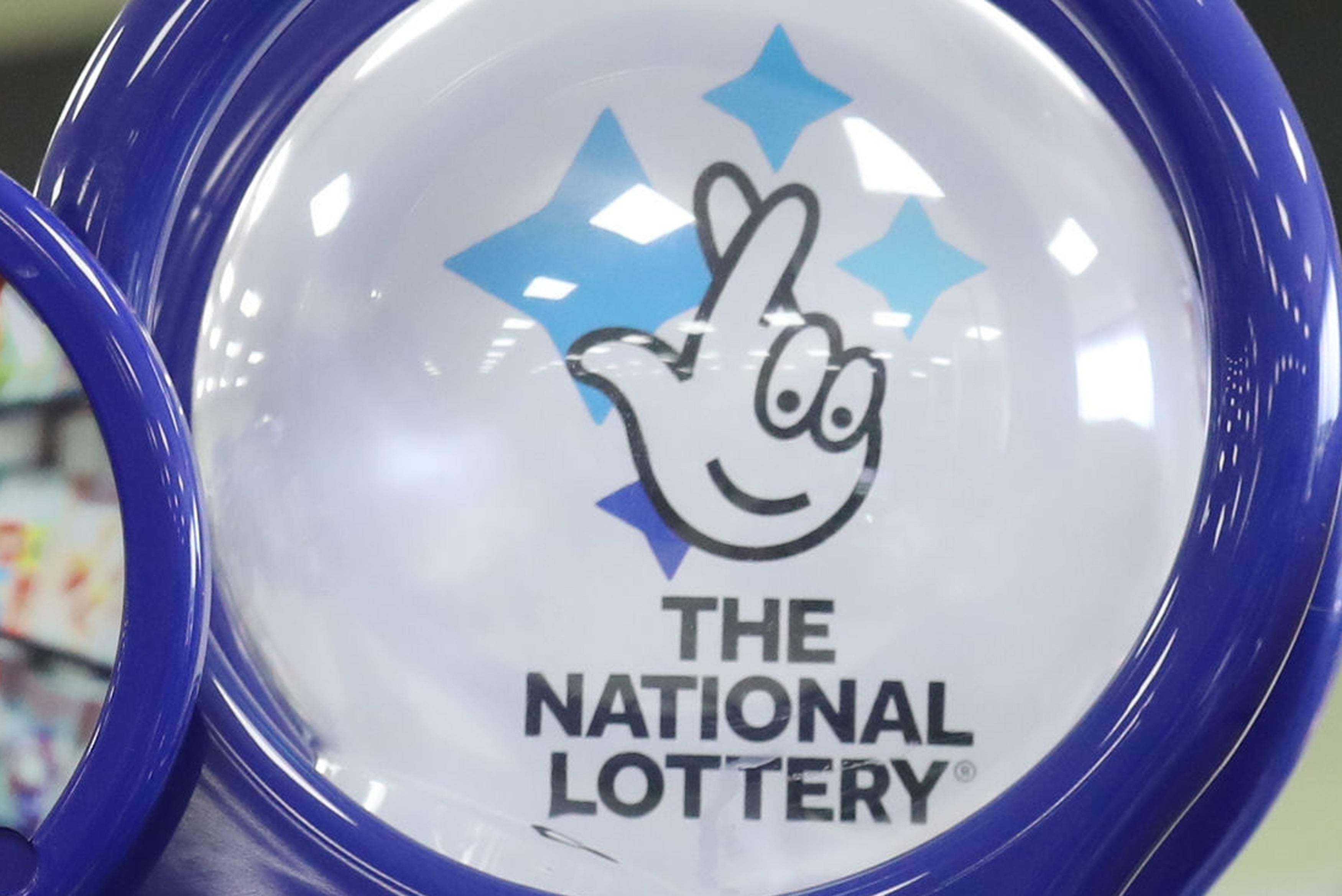Handover of National Lottery licence to Allwyn to begin after suspension lifted
The Gambling Commission asked the High Court to overturn a block on the handover due to Camelot’s legal challenge amid fears of disruption.

Your support helps us to tell the story
From reproductive rights to climate change to Big Tech, The Independent is on the ground when the story is developing. Whether it's investigating the financials of Elon Musk's pro-Trump PAC or producing our latest documentary, 'The A Word', which shines a light on the American women fighting for reproductive rights, we know how important it is to parse out the facts from the messaging.
At such a critical moment in US history, we need reporters on the ground. Your donation allows us to keep sending journalists to speak to both sides of the story.
The Independent is trusted by Americans across the entire political spectrum. And unlike many other quality news outlets, we choose not to lock Americans out of our reporting and analysis with paywalls. We believe quality journalism should be available to everyone, paid for by those who can afford it.
Your support makes all the difference.Camelot has lost its legal bid to prevent the handover of the National Lottery licence to rival Allwyn after the High Court ruled it could go ahead.
The Gambling Commission said the court had agreed to lift the suspension preventing it from beginning the licence transfer, which was put in place when Camelot launched legal action in April challenging the decision to pick Allwyn as the firm to run the lottery from 2024.
The commission announced in March that it had chosen Allwyn – which runs lotteries in Austria, Italy and Greece – for the next licence, ditching Camelot after 30 years.
Camelot launched legal proceedings a month later challenging the decision, claiming the Gambling Commission got the decision “badly wrong”.
We made clear that disrupting the implementation of Allwyn’s plans would present potentially severe consequences for the National Lottery and good causes
The commission asked the High Court to overturn the automatic stay-put order on the handover due to the legal case, warning over disruption it could cause to the lottery.
The regulator said: “We made clear that disrupting the implementation of Allwyn’s plans would present potentially severe consequences for the National Lottery and good causes.
“It also risked the National Lottery not operating to its full potential at the start of the fourth licence.”
It added that following the court’s decision its “priority is to continue to work to implement our decision and ensure a seamless and timely transition to the next licence, for the benefit of participants and good causes”.
Despite the High Court decision, Camelot’s legal challenge against the licence decision will continue.
Camelot is hoping for a trial in October, but the commission is pushing for it to begin in January.
Camelot is expected to sue the regulator for an estimated £500 million damages.
The commission said it will be “preparing for trial of the various claims”.
“We remain resolute that we have run a fair and robust competition, and that our evaluation has been carried out fairly and lawfully in accordance with our statutory duties,” it said.
Allwyn also welcomed the decision, saying it is “good news for the National Lottery; it enables the Gambling Commission to move forward to award Allwyn the fourth National Lottery licence”.
We will take some time to consider our next steps and continue to believe that we have a very strong legal case
A spokesman for Camelot said: “While disappointing, this judgment only addresses whether or not the enabling agreement can be signed while our case is heard.
“We will take some time to consider our next steps and continue to believe that we have a very strong legal case.”
In a court submission, Camelot said the commission’s decision to award the licence to Allwyn was likely to put Camelot “out of business”.
Camelot, owned by the Ontario Teachers’ Pension Plan, has run the UK lottery since 2004.
Its annual figures on Tuesday showed that sales fell 3% to £8.1 billion in the year to March 31 as it flagged signs that players had “tightened their belts” in the face of soaring living costs.
Camelot chief executive Nigel Railton told the PA news agency on unveiling the figures that it had “no choice but to go to court and ask them who is the rightful winner” of the fourth licence.
“This is the biggest procurement decision in this Parliament and it really deserves independent scrutiny,” he said.